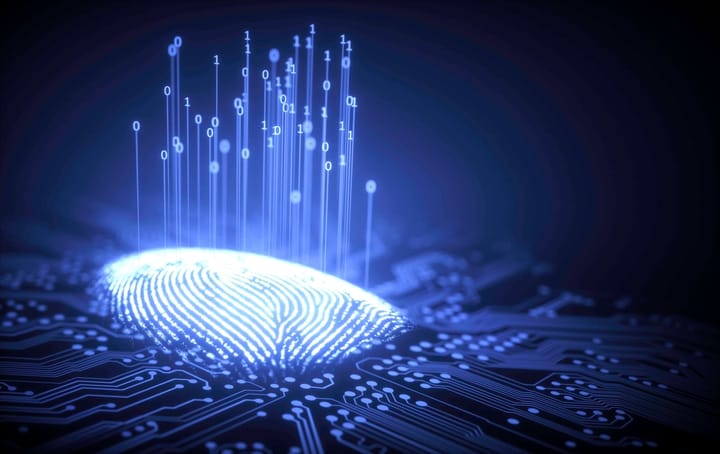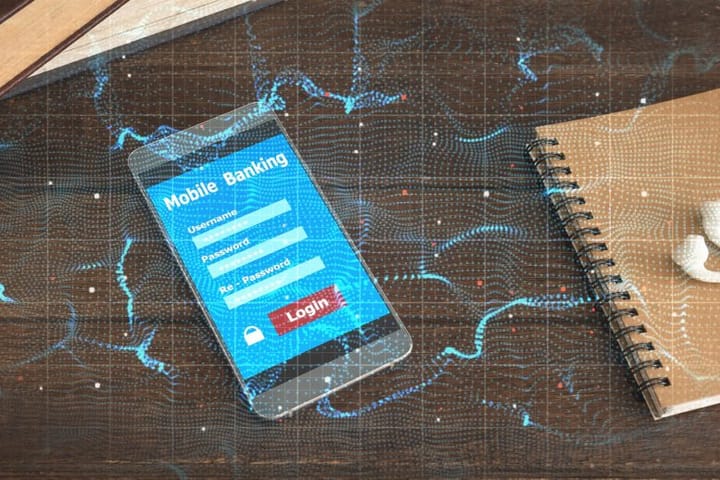Twitter loses fight withhold activists

Twitter loses fight to withhold activists account information

*** Judge rules that Twitter messages are not protected by law in the same way as emails and private messages
IDG News Service -
Twitter has lost a fight in which it challenged a court order to turn over public but now deleted Twitter messages written by an Occupy Wall Street protestor without being served a search warrant.
The social networking site was served with a subpoena on Jan. 26 asking it for the tweets and account information of Malcolm Harris, who has been charged with disorderly conduct for allegedly marching with hundreds of others on the Brooklyn Bridge last October in defiance of police orders.
Prosecutors requested the information citing section 2703 of the Stored Communications Act, which requires service provider to disclose certain kinds of electronic communications without a warrant.
Twitter told Harris of the subpoena on Jan. 30, and Harris filed a motion to quash it. A judge denied the motion on April 20, ruling that Twitter's privacy policy and terms of service mandate "that the tweets the defendant posted were not his" and that Harris did not have a "proprietary interest."
Twitter maintained users retain the rights to their content, the SCA has been found to violate the constitutional right against unlawful search and seizure and that the order caused an "undue burden" on it as a service provider, which is a basis for rejecting an SCA request.
But New York Criminal Court Judge Matthew A. Sciarrino Jr. wrote in his ruling on Saturday that public Twitter messages are not the same as an email, a private direct message or a private chat, which would require a search warrant.
"If you post a tweet, just like if you scream it out the window, there is no reasonable expectation of privacy," Sciarrino wrote. "There is no proprietary interest in your tweets, which you have now gifted to the world."
Harris' Fourth Amendment rights that protect against unlawful search and seizure do not apply because there was "no physical intrusion of the defendant's tweets," Sciarrino wrote.
Prosecutors want Harris' tweets between Sept. 15 and Dec. 31, 2011, in order to refute an "anticipated defense" that police led or escorted him and hundreds of others onto the bridge's road, according to court documents.
Twitter said in a statement that it was disappointed by the ruling and considering its options.
"Twitter's Terms of Service have long made it absolutely clear that its users own their content," the company said. "We continue to have a steadfast commitment to our users and their rights."
The American Civil Liberties Union, which has been monitoring the case, saidthe court failed to grasp that users do not give up their free speech and privacy rights when using the internet.
Individuals do have standing to challenge third-party requests for data, regardless if the communications are stored by an internet company, according to Aden Fine, a staff attorney with the ACLU's Speech, Privacy and Technology Project.


